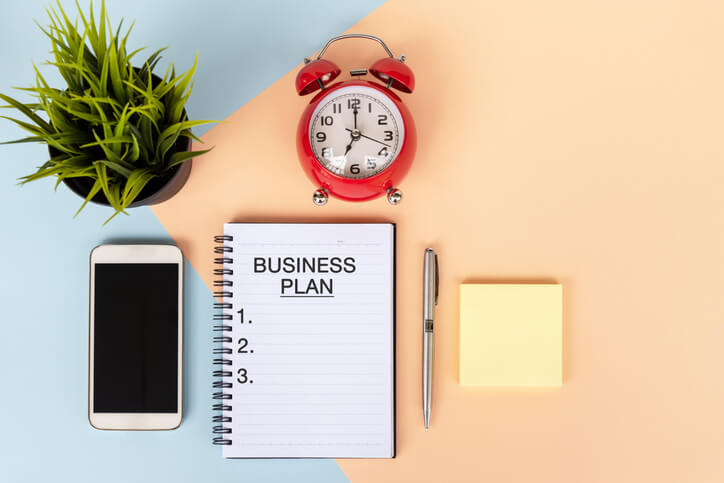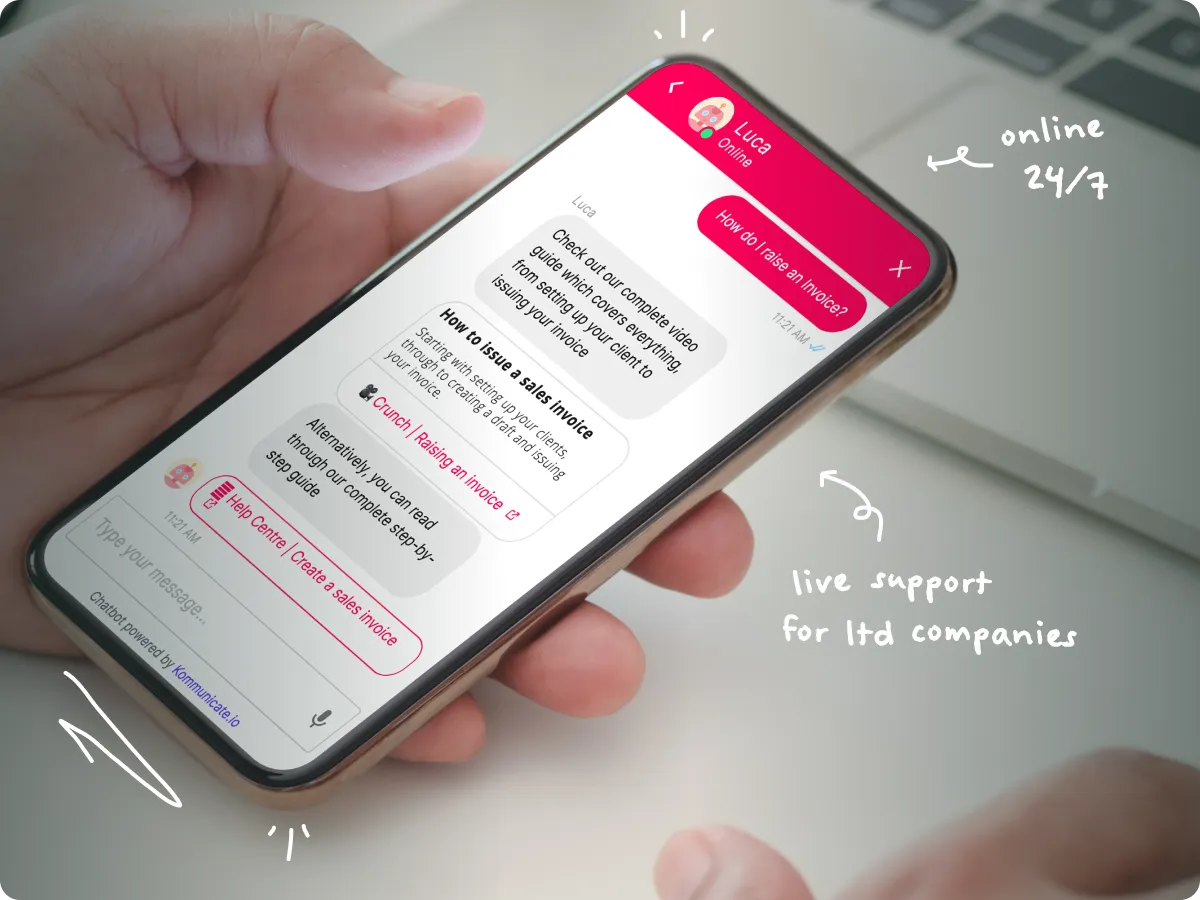Of the many questions you’ll have when you first start to consider going self-employed, one unlikely to top your list is, “do I need to complete a Self Assessment?” It’s probably one of the most important ones, though.
Amongst all of the legal documentation that your business needs to operate successfully and within the law, a self assessment is one of the most important. This significant tax document is one that you’ll be dealing with when you’re self-employed, and if you’re not careful, it could be the one that causes you the most headaches. So let’s take a look at exactly what it is, whether you’ll need to file one, and why it’s important to stay on top of it.
What is a Self Assessment?
Simply put, a Self Assessment (or Form SA100) is HMRC’s way of finding out how much Income Tax and National Insurance you need to pay on any income which isn’t taxed at source.
Starting from April 2024, Making Tax Digital for Income Tax Self Assessment (MTD ITSA) will be implemented, requiring digital reporting for sole traders and landlords with income exceeding £10,000. You can read more in our ‘What is a Self Assessment?' article, which details how to register with HMRC and the records you need to keep to complete your return.
Do I have to file a Self Assessment?
As a general rule, anyone who receives income that isn’t taxed at source needs to complete a Self Assessment. Note that the income threshold for needing to submit a Self-Assessment form has increased from £100,000 to £150,000 from the 2023-2024 tax year.
In the case of a sole trader, the income you receive from your trade doesn’t have National Insurance Contributions or Income Tax deducted from it, so you need to tell HMRC about that income on a Self Assessment form so they can calculate what, if any, tax you owe.
New guidelines introduced require self-employed individuals and partnerships, especially those whose accounting year-end dates differ from the tax year, to apportion profits from two sets of accounts to estimate annual profits.
If you’re a limited company director, you’ll usually need to file a Self Assessment to let HMRC know about any dividend income you’ve received from your company.
Other examples of income not taxed at source can include rental income from any property you own, income from abroad, or investment (dividend) income.
The complete list of who needs to complete a Self Assessment is available on the Gov.uk website – the website also has an online tool that will tell you if you need to file a return.
{{pt-self-assessment}}
When do I need to fill in a Self Assessment?
You have to file your Self Assessment by 31st January after the end of the tax year it applies to. Tax years run from 6th April to 5th April. You don’t have to wait, though. If you’re employed, you can submit your Self Assessment as soon as you receive your Form P60 from your employer.
If you run your own company, you’ll need to issue the Form P60 from your PAYE system or get your accountant to prepare it for you. If you’re a sole trader then you can file your Self Assessment as soon as the tax year ends. There are lots of reasons why filing your Self Assessment early is a good idea.
What happens if I don't file my Self Assessment in time?
If you fail to notify HMRC, you may face a fine or penalty and will have to submit Self Assessments for prior tax years where applicable. If you’re unsure whether you’ve registered, you can contact HMRC with your National Insurance number on hand to confirm one way or another.
If you fail to submit your return once you’ve registered for Self Assessment, you can incur some fairly significant penalties (we’ve got more information on the fines and penalties in our article – Self Assessment: what happens if I miss the deadline?). HMRC are becoming increasingly strict on deadlines and penalties for late returns, so we can’t stress enough how crucial it is to get your Self Assessment filed on time.
Paying your Self Assessment tax bill
Sadly filing isn’t the end of the story, you’ll also need to ensure you pay any tax owed by the deadline of the 31st January. HMRC will tell you how much tax you owe and you then hand over the cash, usually via Direct Debit or bank transfer (the full list of how you can pay is on the Gov.uk website). One last thing to remember is that since January 2018 you cannot use a personal credit card to pay your Self Assessment tax bill. You are also no longer able to pay your tax bill at the Post Office.
Don’t forget, you may also need to make a payment on account towards your next year’s tax bill. Our article “What is a payment on account and do I have to pay it?” explains more.
If you need more time to pay, we explain your options further in our article on late payment fees and fines.
Starting from 6 April 2024, sole traders and landlords with trading or rental income over £10,000 must file quarterly returns online, along with an end of period statement and a final declaration by 31 January following the end of the tax year.
We take the pain out of Self Assessments
At Crunch, we’re experts at looking after life’s numbers, so you can trust us to make your Self Assessment as worry-free as it can be. Our expert chartered certified accountants will take care of you, just like we did for over 7,500 clients in the last tax year. Speak to one of our advisers to see how we could help you keep on top of your finances.
Self Assessment service for Crunch clients
If you’re a Crunch client, our Crunch Personal Tax Service takes away all the headache and hassle of completing and filing your personal tax, we’ll prepare your Self Assessment and once you’ve approved it we’ll submit it online and let you know how much you need to pay HMRC. Our Crunch Premium package includes up to two Self Assessments for directors, or the service is available as a paid add-on for clients on our other packages.
Contact your client managers for more information or visit the ‘Personal Tax’ tab in your account.
You can find full details and pricing on our Self Assessment Service page.
.svg)










